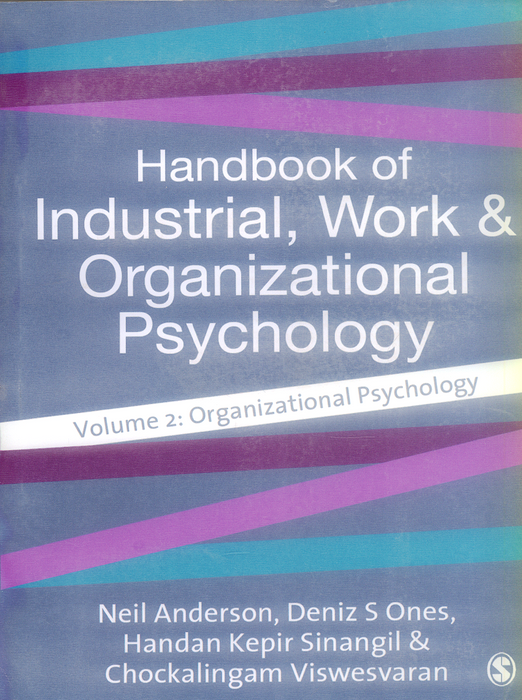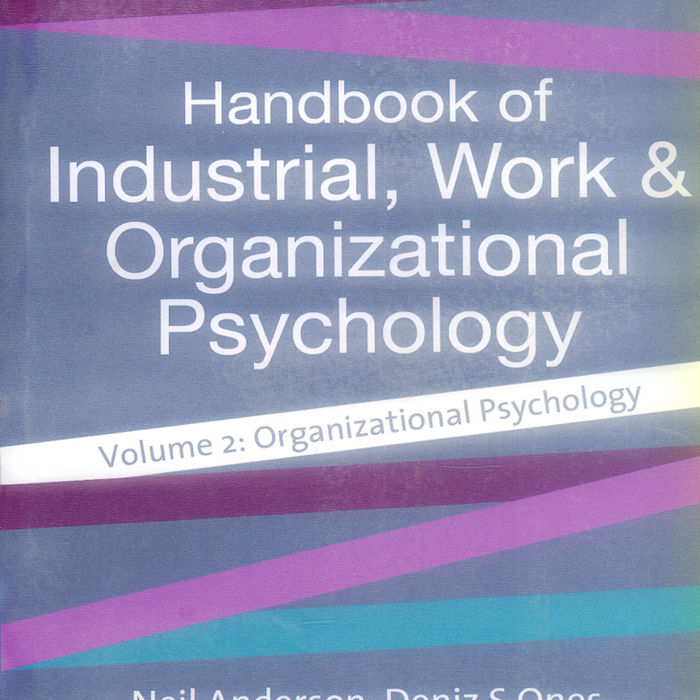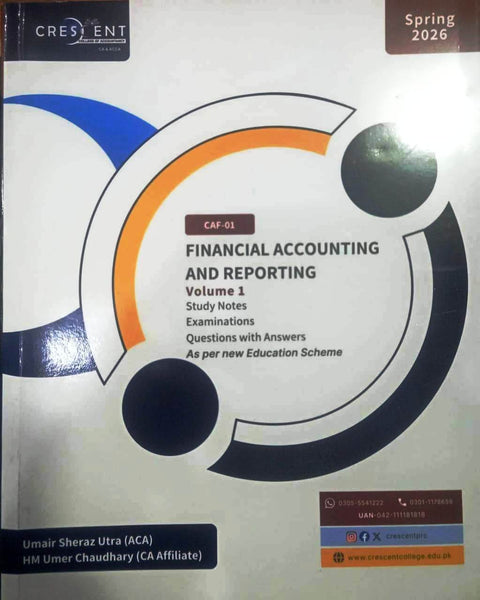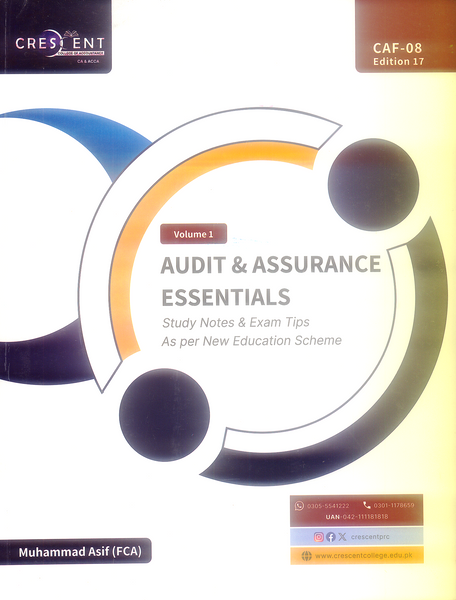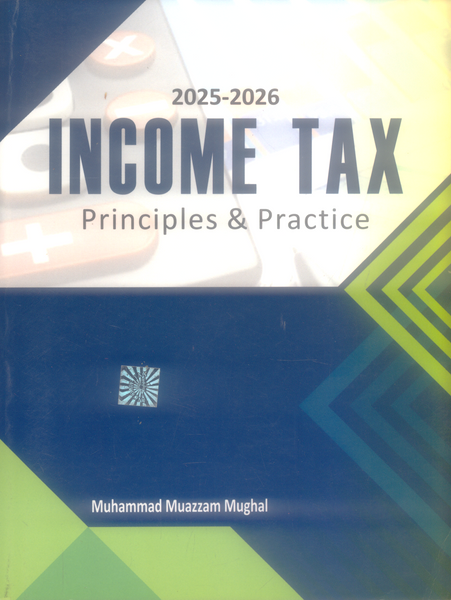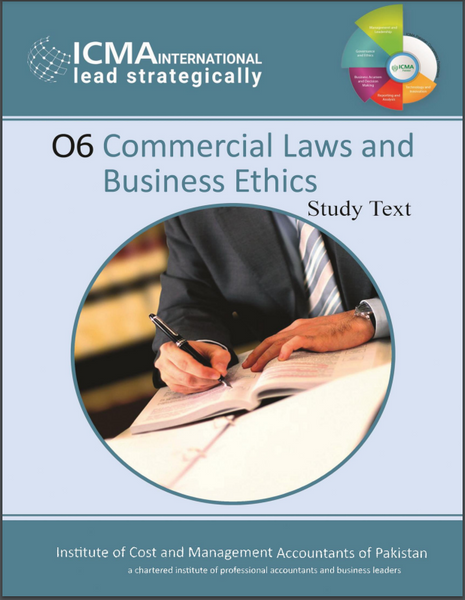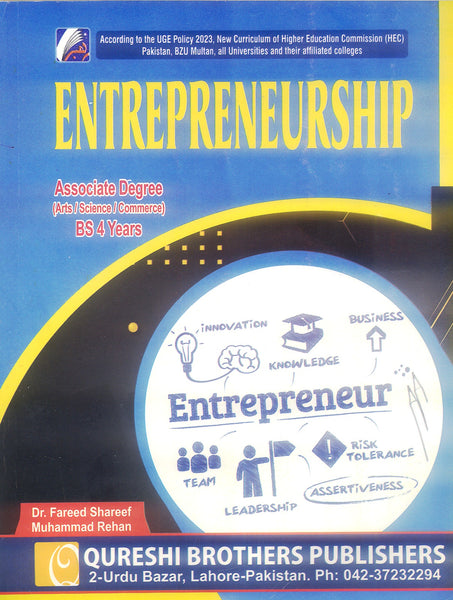Handbook of Industrial, Work and Organizational Psychology by Neil Anderson (Editor)
- Publisher: PSYCHOLOGY
- Availability: In Stock
- SKU: 39894
- Number of Pages: 480
Rs.1,090.00
Rs.1,390.00
Tags: best books , Best Price , Best Selling Books , Career Development , Chockalingam Viswesvaran , Cognitive Psychology in Organizations , Conflict Resolution , Deniz S Ones , Employee Behavior Analysis , Employee Engagement , Employee Retention , Employee Training and Development , Employee Well-being , Handan Kepir Sinangil , Handbook of Industrial , Handbook of Industrial Work and Organizational Psychology , Human Factors Psychology , Human Resource Management , Industrial Psychology , Industrial Relations , Job Analysis , Job Satisfaction , Leadership Psychology , Motivation Theories , Neil Anderson , Occupational Psychology , ONLINE BOOKS , Online Bookshop , Organizational Behavior , Organizational Development , Organizational Psychology , Performance Appraisal , Psychological Assessment at Work , Psychological Testing in Organizations , Psychology of Decision Making , Psychology of Work Performance , Team Dynamics , Volume 2 , Volume 2 Organizational Psychology , Work and Organizational Psychology , Work Productivity , Work-Life Balance , Workplace Behavior , Workplace Culture , Workplace Diversity , Workplace Ethics , Workplace Leadership , Workplace Mental Health , Workplace Psychology Research
Handbook of Industrial, Work and Organizational Psychology
Volume 2: Organizational Psychology
Editors: Neil Anderson, Deniz S. Ones, Handan Kepir Sinangil, Chockalingam Viswesvaran
Introduction
The Handbook of Industrial, Work and Organizational Psychology is a comprehensive and authoritative resource that provides an in-depth exploration of the field of industrial and organizational (I-O) psychology. Edited by leading experts in the field, this handbook covers a wide range of topics, from foundational theories to the latest trends and practices in workplace psychology. It offers insights into the various ways psychological principles can be applied to improve employee performance, organizational effectiveness, and overall workplace dynamics. The book is invaluable for students, researchers, and practitioners seeking an evidence-based understanding of the role psychology plays in the workplace.
Key Points
1. Theoretical Foundations of I-O Psychology
- Provides an overview of the core theories and concepts in industrial, work, and organizational psychology.
- Discusses the evolution of the field and how foundational ideas influence contemporary practices.
2. Employee Selection and Assessment
- Explores the science behind employee recruitment, selection processes, and psychometric testing.
- Highlights best practices for creating fair and effective selection systems.
3. Work Motivation and Job Satisfaction
- Examines the key theories of motivation, such as the Expectancy Theory and Herzberg’s Two-Factor Theory.
- Discusses how job satisfaction influences employee performance and overall well-being.
4. Leadership and Organizational Development
- Focuses on different leadership styles and their impact on team performance and organizational success.
- Analyzes organizational culture, change management, and development strategies.
5. Workplace Health and Well-Being
- Investigates the psychological aspects of workplace stress, mental health, and well-being.
- Provides strategies for creating healthier work environments and promoting employee wellness.
Why Read This Book?
- Ideal for students, researchers, and professionals seeking an authoritative resource on I-O psychology.
- Offers comprehensive coverage of theory, research, and practical applications in the workplace.
- Includes contributions from leading experts, making it an up-to-date and authoritative guide.
- Provides evidence-based approaches for improving organizational practices and employee outcomes.
Conclusion
The Handbook of Industrial, Work and Organizational Psychology is an essential reference for anyone involved in the field of workplace psychology. With contributions from world-renowned experts, it provides a detailed understanding of the major theories, practices, and emerging trends in I-O psychology. This handbook serves as a crucial tool for enhancing organizational effectiveness, improving employee well-being, and advancing the field of industrial and organizational psychology.

